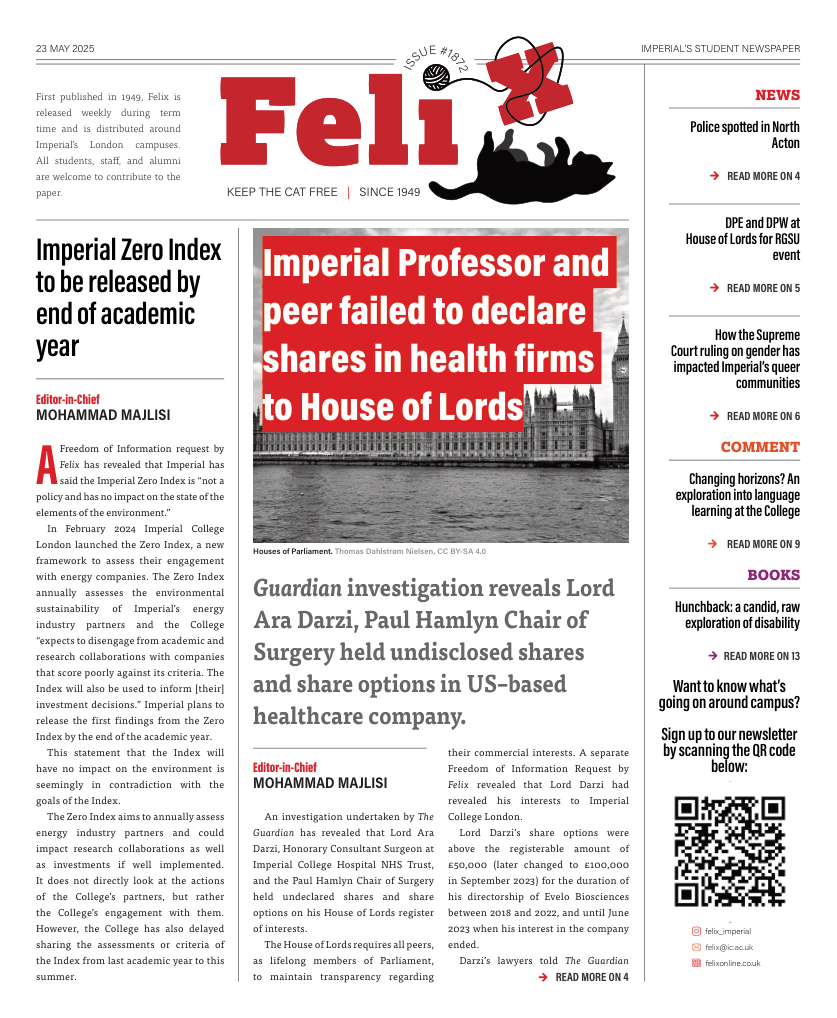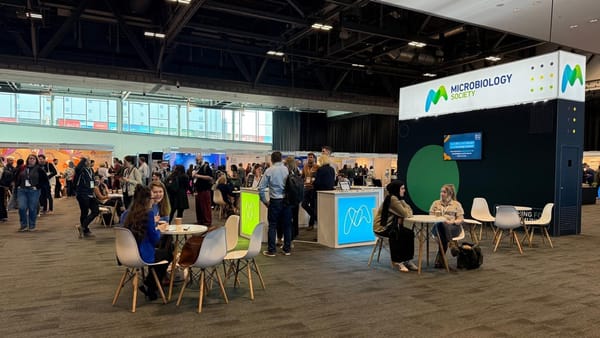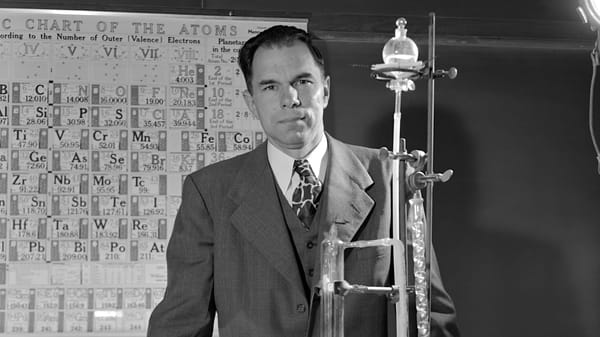CRISPR therapy saves infant with rare metabolic disorder
CRISPR-based gene editing therapy has been used for the first time to treat CPS1 deficiency, which promises a new era for precision medicine.
In a grand achievement for genetic medicine, a 10-month-old baby named KJ Muldoon has become the first person to receive personalised CRISPR-based therapy designed specifically to correct his carbamoyl phosphate synthetase 1 (CPS1) deficiency. This rare and life-threatening metabolic disorder makes KJ’s case a significant milestone, with the team of researchers at the Children’s Hospital of Philadelphia (CHOP) and the Perelman School of Medicine at the University of Pennsylvania (Penn) highlighting the potential of bespoke gene-editing treatments for ultra-rare diseases.
CPS1 deficiency severely impairs the body’s ability to metabolise ammonia. An abnormal buildup of ammonia in the blood, which may result from a lack of the CPS1 enzyme, can be toxic at high levels, with the nervous system being particularly sensitive to this imbalance. Standard treatments typically involve restrictive low-protein diets, ammonia-scavenging drugs, or, in severe cases, liver transplants. KJ’s condition, however, had progressed so rapidly that these measures proved insufficient.
The team from CHOP and Penn developed a customised gene therapy through the CRISPR gene editing platform. This technique uses base editing, which allows for precise, single-base changes in DNA without breaking the double helix, making it safer and more accurate than earlier CRISPR methods. This personalised therapy was delivered intravenously in three doses, aiming to restore proper function of the faulty CPS1 gene.
According to a report published in The New England Journal of Medicine by Frangoul et al. (2025), early clinical outcomes are highly encouraging. KJ has shown signs of improved metabolic stability and normal ammonia levels. This provides hope that he may avoid the devastating consequences, typically associated with CPS1 deficiency.
This case follows closely on the heels of the 2023 regulatory approvals of CRISPR-based therapies Lyfgenia and Casgevy, underscoring the accelerating momentum of gene-editing treatments reaching clinical use. What makes KJ’s case unique, however, is the personalised nature of the intervention – a mutation-specific solution rather than a one-size-fits-all approach.
While the success is groundbreaking, experts caution that such therapies currently face significant scalability issues. The rapid design, testing, and regulatory navigation required for KJ’s treatment were possible only under exceptional circumstances, including emergency FDA clearance. Widespread application of similar therapies for other rare conditions would require substantial infrastructure, regulatory innovation, and cost reductions. Long-term monitoring is also critical. As with all gene-editing therapies, there remain unknowns about potential off-target effects and the durability of the treatment.
Nevertheless, this pioneering case sets a benchmark for what is now possible in genetic medicine. It highlights the immense promise of CRISPR base editing not just as a general tool, but as a precision instrument capable of saving lives – one mutation, one patient at a time.








